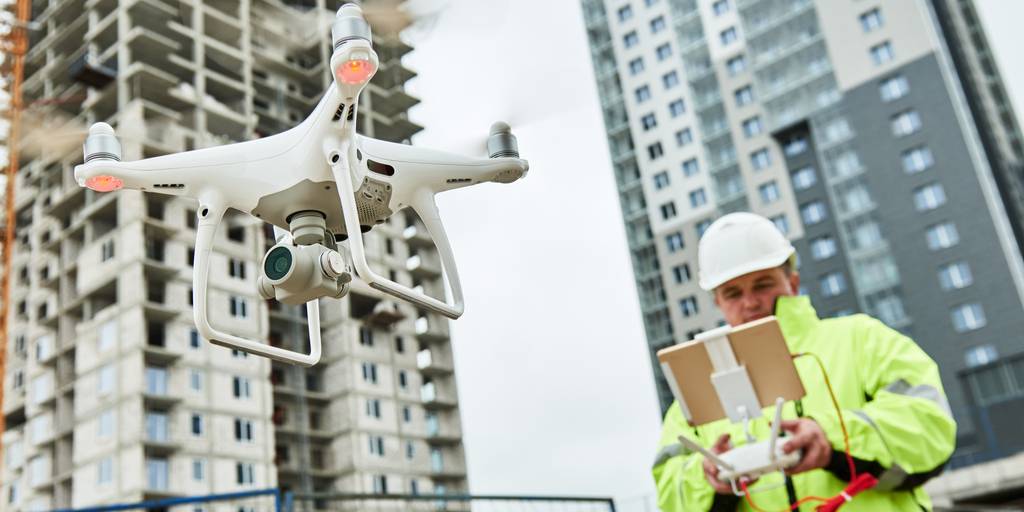Construction is one of the industries that has been existing for a long time. But it has been struggling to get simple and reliable technological advancement on-site.
That is because disjointed communications and outdated workflows had hindered the sector. This makes projects less efficient.
Fortunately, some companies have managed to have hands-on technological developments, more so commercial construction glossary and everything entailed in them. And most of them report that technology is positively reshaping the industry.
What Construction Technology Is
Construction technology can be defined as a collection of software, machinery, and tools used during projects, which allows development in field construction approaches. That may include automated and semi-automated construction equipment.
Now, technological development in construction is being established at a breakneck pace. What looked like future techs 20 or 12 years ago, such as telematics, drones, virtual reality, robots, and mobile apps, are now being deployed on construction sites globally.
Positive Impacts
The construction sector has always been striving to build taller, stronger, and better buildings. Construction technological advancements have been great assets in that endeavor.
For instance, the mini excavator invention helped Japan’s urbanization and housing six decades ago. The invention replaced workers using pickaxes and would fit perfectly well in many areas, including those with restricted access.
This same principle is being used with construction technological advancement these days. New technologies, such as VR, drones, enterprise integration, and mobile apps, now help construction businesses in the following ways:
1. Improve Real-Time Communication and Collaboration
With digital technology’s help, you may keep every stakeholder informed. Plus, it will allow you to monitor the progress of projects and ensure they are completed on time.
After all, connectivity improves collaboration and attracts workers with unique skill sets. Access to information and plans leads to better quality construction and streamlining customer business.
For instance, cloud-based software continues dominating the scene, enabling users to access data anywhere and anytime as technological advancement centralizes communication and enables users to connect, irrespective of geographical constraints.
2. Efficient Everyday Operations
Before, construction businesses faced the great challenge of sharing and creating design information. Designers and other experts will need to draw up sketches, illustrations, and project outlines manually. Then afterward, send sketches to customers and personnel for approval and review.
With technological advancement, project managers may use a software program to share sketches, get feedback, and coordinate projects. This way, the everyday operations of small and large construction businesses are significantly improved.
3. Enhance Safety
Digitization makes construction sites safer. A good example of this is the importance of gathering helpful details about construction sites.
Instead of sending construction employees in and putting their health at risk, digitization may be handled. Laser scanners and sophisticated sensors, among other gadgets, may help capture the information required.
Final Thoughts!
Digitization in the construction industry is both a far-off concept and a prediction. It is already happening. While there might be a learning curve, introducing technology in the construction industry will reap many benefits.

